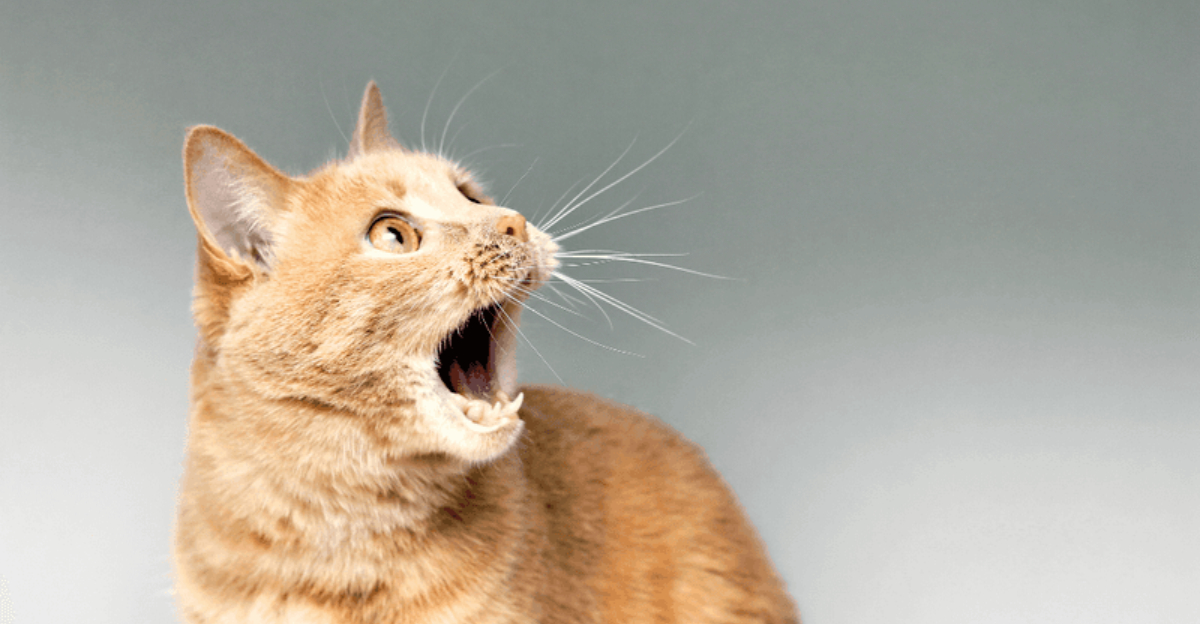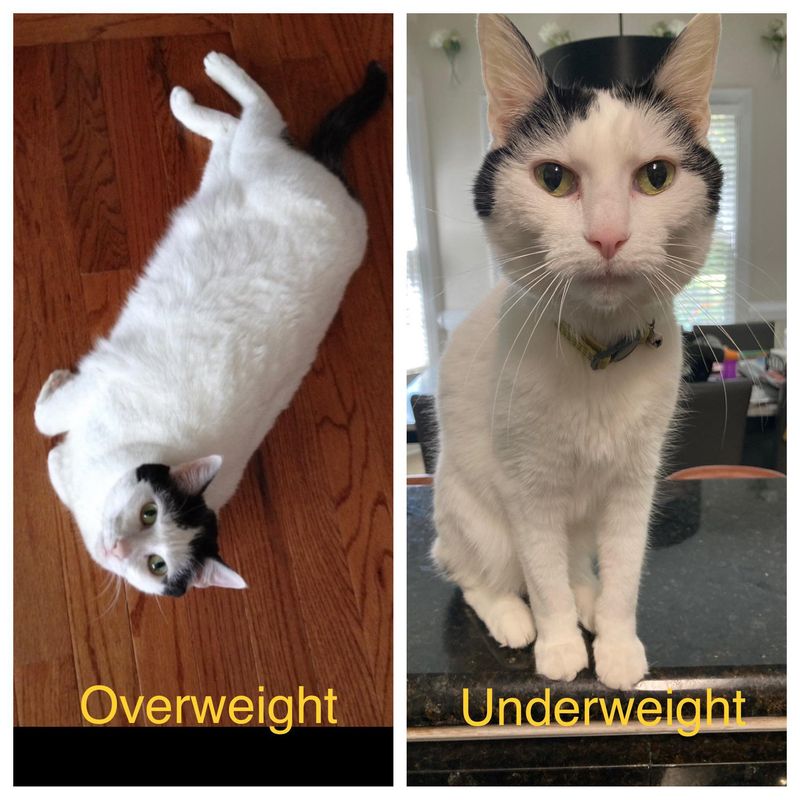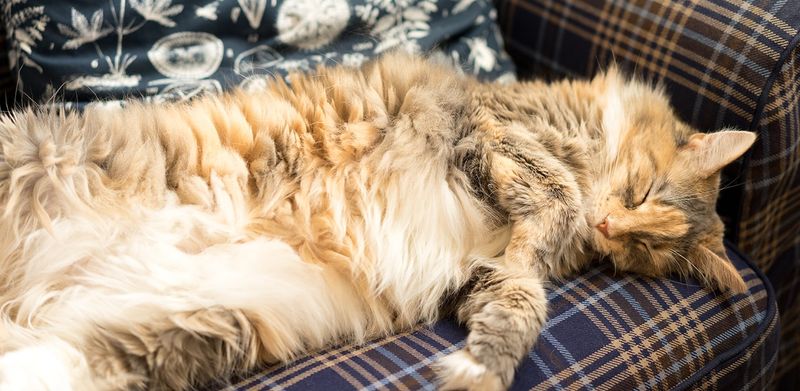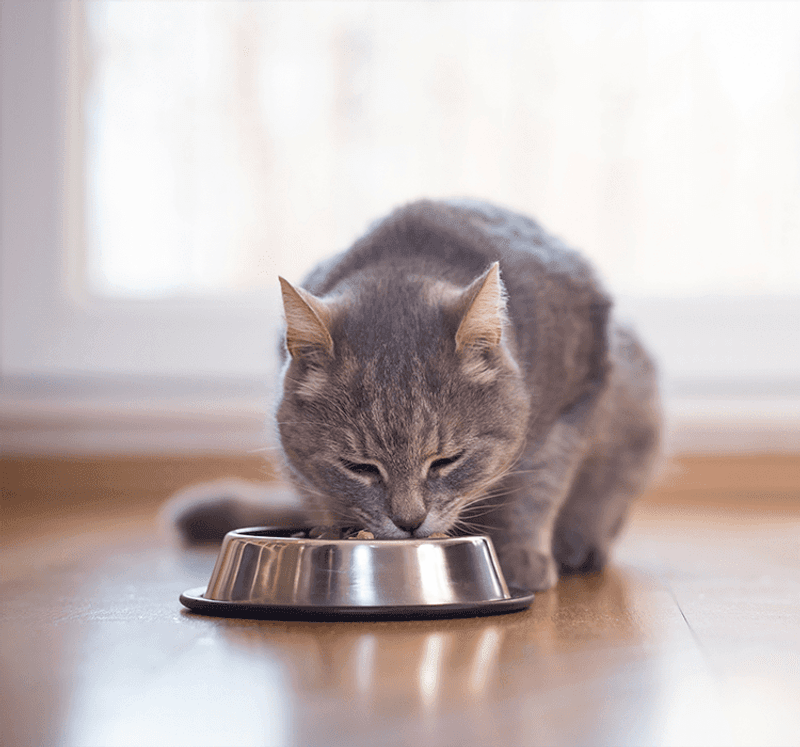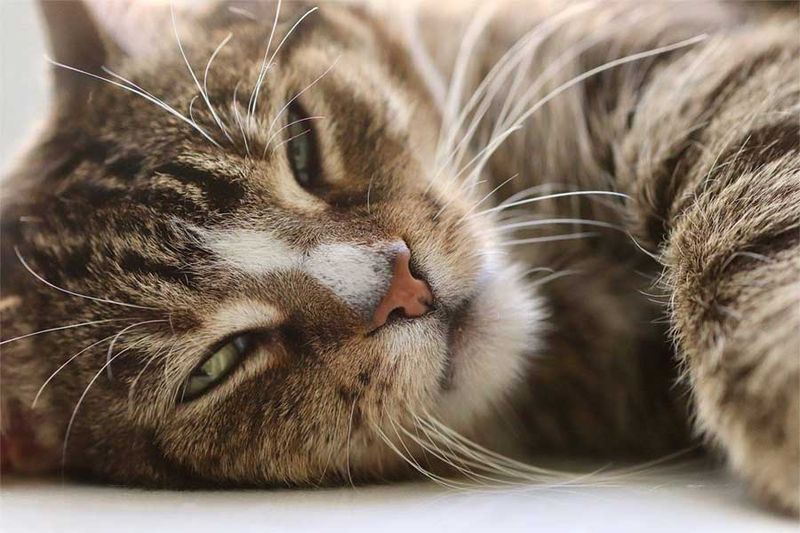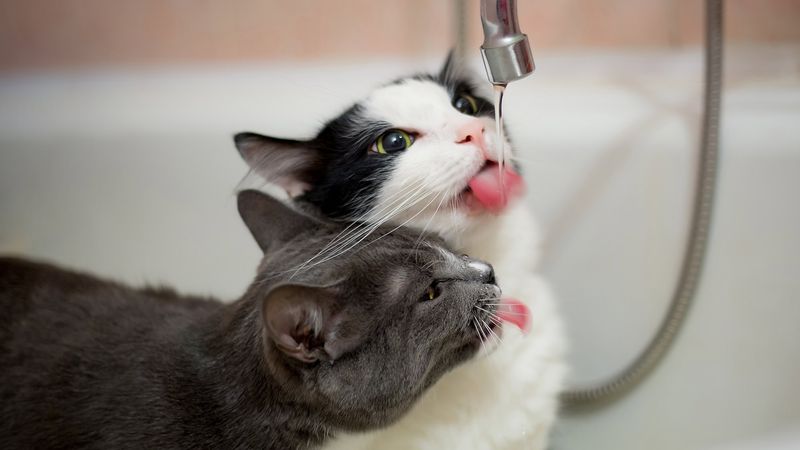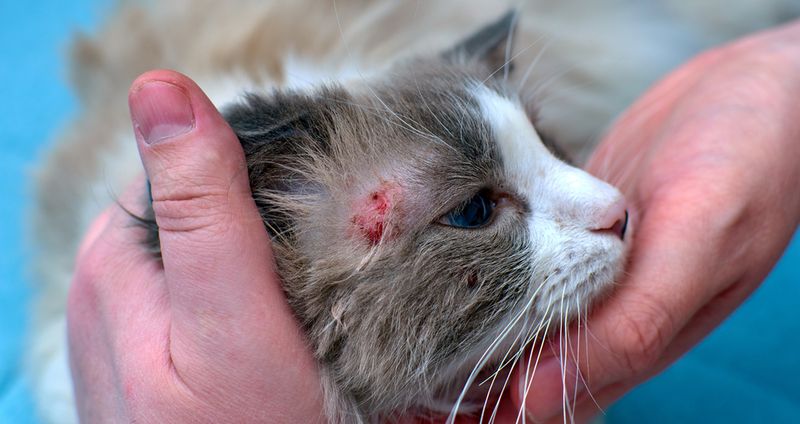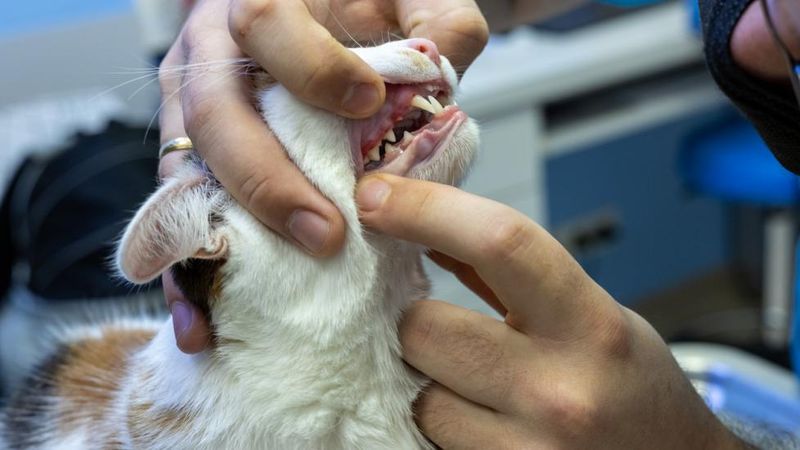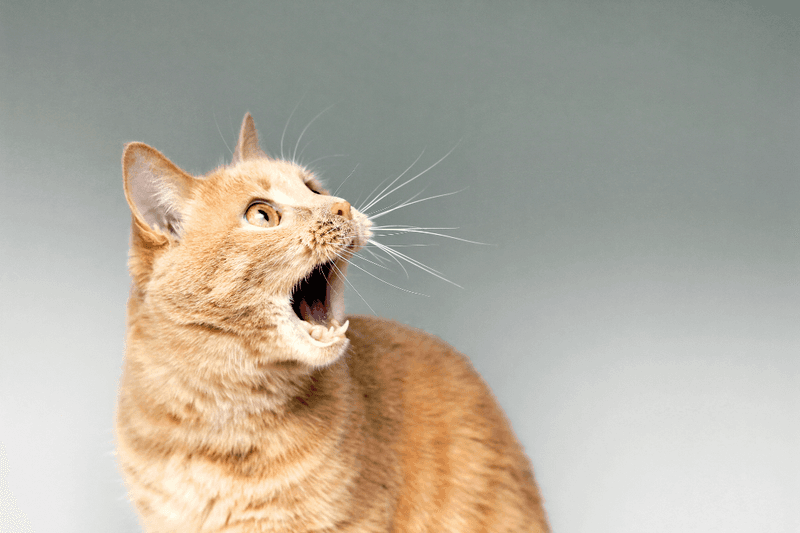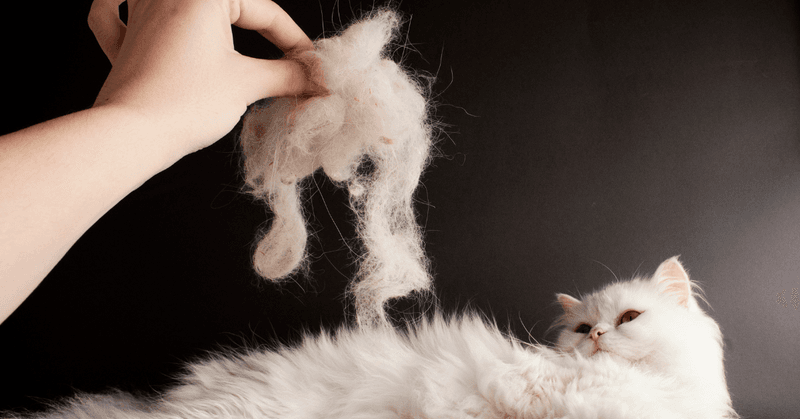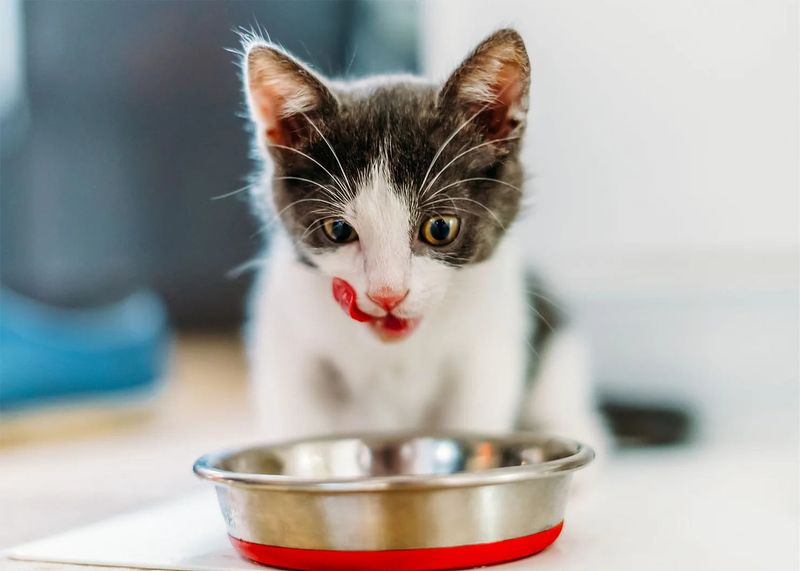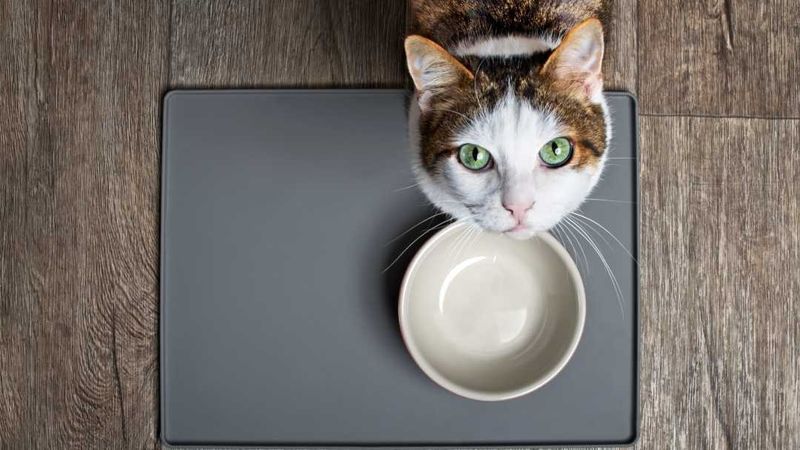📖 Table of Content:
Not all cat foods are created equal—and sometimes, even a well-intentioned diet might not be meeting your feline’s needs. In this essential guide, we break down 11 clear signs that your cat’s current diet may not be working, from weight changes and dull fur to digestive issues, low energy, or sudden behavior shifts.
With insights backed by veterinarians, you’ll learn how to spot nutritional red flags early and make smart, effective changes to support your cat’s overall health. We’ll also provide actionable tips for switching foods safely, understanding ingredient labels, and tailoring your cat’s diet based on their age, breed, and medical needs.
Whether you’re a new cat parent or simply reevaluating your pet’s nutrition, this blog will help you make informed decisions for a happier, healthier cat.
1. Unexplained Weight Changes
Sudden weight gain or loss in cats can signal dietary imbalances or health problems. Such changes might not always be visible but can affect your pet’s energy levels and overall behavior. Ensuring your cat’s food is appropriate for their age, size, and activity level is essential. Consult your veterinarian to rule out underlying health issues, as these weight fluctuations might sometimes indicate more serious concerns.
2. Dull or Flaky Coat
A cat’s coat is often a reflection of their internal health. A lackluster, flaky coat may indicate nutritional deficiencies, particularly in essential fatty acids. Incorporating omega-rich foods like fish oil or flaxseed into their diet can improve skin and coat health. Regular grooming also helps maintain a healthy coat by distributing natural oils. Consulting with a vet can provide further insights into specific dietary needs to achieve a shinier coat.
3. Digestive Issues
Frequent vomiting, diarrhea, or constipation in cats can result from food intolerances or low-quality ingredients. These symptoms not only cause discomfort but can lead to dehydration and nutritional deficiencies. Transitioning to a diet with natural ingredients and sufficient fiber may alleviate symptoms. It’s also wise to consult your vet to identify any specific intolerances or allergies your cat might have.
4. Lethargy and Low Energy
Cats are known for their playful nature, so a sudden drop in energy levels can be concerning. Inadequate nutrition might be to blame, affecting their ability to engage in daily activities. Ensure your cat’s diet includes high-quality protein and essential nutrients to support their energy needs, promoting vitality and playfulness. If lethargy persists, a visit to the vet can help determine if an underlying health issue is present.
5. Increased Thirst or Urination
Excessive thirst or urination in cats can be alarming and might signal health issues like kidney disease or diabetes. These conditions can be exacerbated by inappropriate diets lacking necessary nutrients. Consulting your veterinarian is crucial to determine if dietary changes are necessary to manage these symptoms. Providing a balanced diet with the right hydration sources can aid in moderating these behaviors.
6. Food Allergies
Cats, much like humans, can develop allergies to certain foods. Symptoms such as itching, ear infections, or gastrointestinal upset may indicate food allergies. To manage these reactions, consider a limited-ingredient or hypoallergenic diet. Consulting your vet can help in proper diagnosis and management, ensuring your cat’s comfort and well-being through careful dietary planning.
7. Dental Problems
Difficulty eating, drooling, or bad breath are signs that your cat may be facing dental problems. These issues not only affect eating habits but can also lead to more serious health concerns if left unaddressed. Regular dental check-ups combined with feeding appropriate food can help maintain oral health. Offering dental treats or using specialized dental diets might also reduce the risk of tartar buildup and gum disease.
8. Behavioral Changes
Behavioral shifts like increased irritability or aggression can sometimes be linked to discomfort from an inadequate diet. These changes might not be immediately connected to food, but nutritional deficiencies can affect mood and behavior. Ensuring your cat’s dietary needs are met with a balanced and nutritious diet can help mitigate these issues. Persistent behavioral changes warrant a consultation with your vet.
9. Excessive Shedding
While some shedding is normal for cats, excessive hair loss can be a sign of nutritional deficiencies. Lack of essential nutrients affects skin health, leading to more hair falling out than usual. Ensuring your cat’s diet includes the necessary vitamins and minerals can support healthy skin and coat. Regular brushing can also minimize shedding by removing loose fur and distributing skin oils evenly.
10. Increased Hunger
A cat that seems constantly hungry may not be receiving adequate nutrition from their current diet. This persistent hunger could indicate that the food lacks vital nutrients necessary for satiation and energy. Opting for high-quality, nutrient-dense foods can alleviate this issue, ensuring your cat feels full and content. Consulting your vet for portion recommendations can also help balance meals appropriately.
11. Lack of Appetite
A sudden loss of interest in food can be alarming for any cat owner. This lack of appetite might be a sign of health issues or food aversion. It’s crucial to consult your veterinarian to identify the underlying cause, whether it’s related to the diet or another health concern. Appropriate dietary adjustments, perhaps introducing new flavors or textures, might reignite your cat’s interest in eating.
